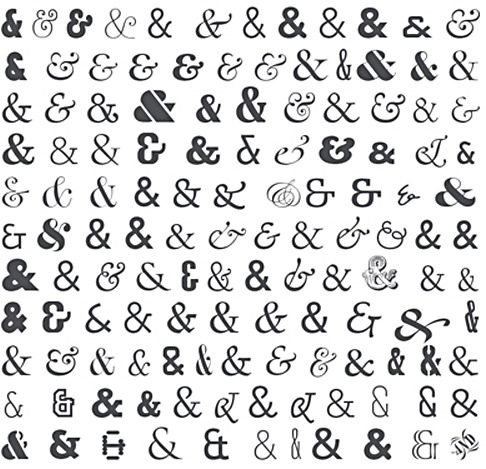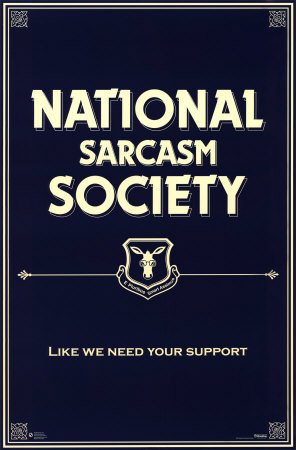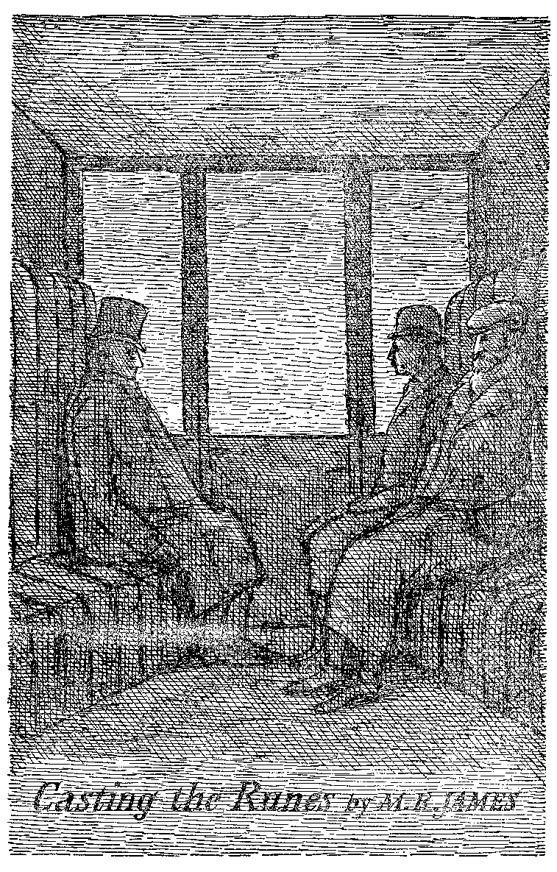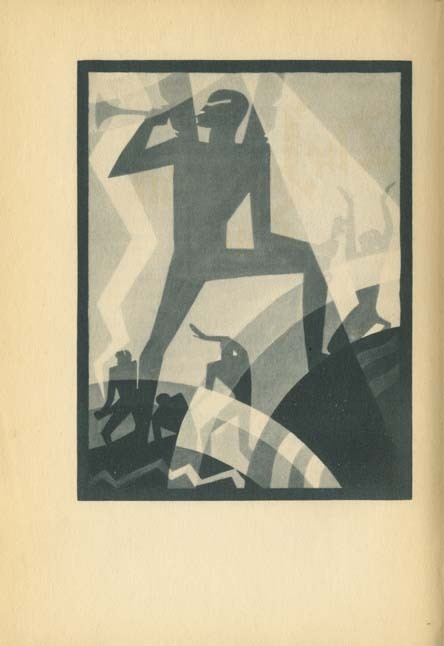"&"

Daniel Lemire:
Highly productive people do not have more time, but they may have more energy, more method and better feedback on their progress.



That’s what most people do. They keep waiting and waiting until they have enough saved up, find the right idea or until they’re in a position with more responsibility. But conditions are never perfect. And when we’re so focused on our plans, we lose sight of the openings in front of us. Instead of plans we need habits. Habits of taking risks. Habits of keeping our eyes open for new opportunities. Habits of putting ourselves in situations that force us to grow and change. We can all introduce a little chaos into our lives.
The phrase “especially in this economy” is the new black.
Maeda’s SIMPLICITY (404):
It’s not for others to recognize the fruits of your work; it’s for yourself. The desire is to complete a thought. So then … you can go on and find a new one to torment yourself with. The intellectual torment … is … fun? Hmmmm. Difficult to say. Perhaps it is a kind of acquired taste for an odd pleasure.

via nyrb.typepad.com
Scott Aaronson:
I see a world that really did change dramatically over the last century, but where progress on many fronts (like transportation and energy) seems to have slowed down rather than sped up; a world quickly approaching its carrying capacity, exhausting its natural resources, ruining its oceans, and supercharging its climate; a world where technology is often powerless to solve the most basic problems, millions continue to die for trivial reasons, and democracy is't even clearly winning over despotism; a world that finally has a communications network with a decent search engine but that still hasn't emerged from the tribalism and ignorance of the Pleistocene. And I can't help thinking that, before we transcend the human condition and upload our brains to computers, a reasonable first step might be to bring the 18th-century Enlightenment to the 98% of the world that still hasn't gotten the message.
Judson Jerome:
Like virtue, poetry is its own reward. … The immortality game, like that of getting into the circle of the two hundred, can be wicked and delusionary. … That leaves you with perhaps the most important reward of all: personal satisfaction. … You are more likely to succeed at poetry, as in love, if you get success out of your head. Concentrate on quality. Learn the joy of creating excellence — whether or not anyone else recognizes it.
We all know the one about the Emperor walking around with nothing on, while everyone admires the finery of his garments – garments so fine that only really clever and smart people like investment bankers can see them. The rest of us thought that debt, was, well, debt, but the bankers said no, debt is asset. It’s just that we couldn’t see it because we were so stupid…
... Yes, we need to stabilise our present situation, and then, perhaps, we could ask a really simple question – far too simple for the clever people – what is money for? At least that way it stops being an end in itself.
Then, the best thing of all – coming home in the dead of night to this beautiful place where there are no lights and no noise, and where the dog, the cats, the owls, the foxes, the badgers and the stars are more or less where I left them.
It isn’t an inquisition; it’s an exploration, usually an exploration into the past,” he once said, explaining his approach. “So I think the gentlest question is the best one, and the gentlest is, ‘And what happened then?’

The New Adventures of Mr Stephen Fry:
In the end I like structures that are human-shaped, not idea-shaped and humans are great heaps of inconsistency, ambiguity and complexity.
The New Adventures of Mr Stephen Fry:
I forebear telling him that the reason I do not find Mormonism especially ridiculous is because I find all pretend invisible friends, Special Books and their rules equally ridiculous. Mormon ideas about realms of crystal rebirthing and special underpants are no weirder than the enforcing of wigs and woollen tights on orthodox Jewish women or laws and dogmas about burkhas and Virgin Births. The religion of the Latter Day Saints is not deserving of especial contempt simply because it is newer. It is as barmy as the rest and I cheerfully treat it as such.
Anthonio. In sooth I know not why I am so sad, It wearies me: you say it wearies you; But how I caught it, found it, or came by it, What stuffe 'tis made of, whereof it is borne, I am to learne: and such a Want-wit sadnesse makes of me, That I have much ado to know my self.
(Merchant of Venice, Act 1, Scene 1)
OK, OK, it's not that bad. I dramatize. I soliloquize. But that lament pretty much reflects my state of mind for most of August and into September, where I had a storm in my head as I debated why I was in school and what I wanted out of it. It was all I could think of or talk about, and I look back at myself now and wonder at the mental and emotional fits I was giving myself. I'm sure I became a bit of a bore to my friends as this topic drove other more earthly concerns out of the limited crawlspace that is my head.
Ever since I started grad school, I've collected various links in my delicious account tagged gradschool and academic. I've been bemused by the number of writers who describe the PhD experience as depressing, dispiriting, a slog, something to be managed rigorously or die, etc. (Maybe only the folks who really hated the experience blogged about it?) At the very least, it's a serious business. Here are links to what I mean:
Now, to be fair, the advice most of these folks have runs along the same lines and it sounds pretty sensible: Know what you want and why you're there. You're on your own. Be focused. The job market is tough and getting tougher. Manage your adviser. Be prepared to be frustrated.
The first person who suggested the idea to me was a professor from Spring 2007, who ended his email with, "Stop laughing! I'm serious!"
My mentor, The Indefatigable Cassidy, makes it a point to bring it up in conversation at least once a semester and she has promised to step up that cycle as time goes on.
And when I mention the idea to peers at the school or even to civilians, their response is very positive. (See my earlier post on hallway conversations.) My social reality is echoing back to me, with a puzzled expression on its face, "I thought you were already a doc student. It suits you." For whatever reason -- my posture, my insane good looks, my carelessly thrown together wardrobe -- I give off the doctoral vibe like cheap aftershave. So maybe the folks around me know something about me that I don't.
But ever since I've started grad school, my reply has been a firm "No." The PhD involves work and activity far beyond what I thought I wanted to or could do, beyond what I thought I wanted out of a degree, and beyond my chosen performance level. Why make life harder by investing immense hours and energies for what may be only marginal value? Why bang my head against an ivory wall for 5 years and then face the cold cruel world of academic careerdom, where my previous 20+ years of workforce experience would add little to my reputation?
Some of my friends and advisers are saying, "You think too much. Just do it." That's a valid point. But I do feel I have a little more to lose by doing a PhD now than in, say, my 20s or 30s. Apart from the monetary loss, there is less time to make a course correction if I make the wrong bet.
I have many reasons why I should say "Yes."
Why am I hesitating?
One of my advisors (I have an informal board of advisors -- friends who I can talk to about serious decisions and who provide a range of valuable advice on these matters) said to take the opportunity, hide out in academe while the economy sorts itself out, and get started on the next phase of my life.
There is also the feeling that the wave is cresting. I need to ride this wave while it's building and let its energy sweep me along. I need to trust that the resources I need will be there when I need them.
That said -- why do I not feel excited? This scenario is what I was welcoming 18 months from now -- why is it not so welcoming today? Because I feel I'm not ready? Because it seems too big of a step? Because because because...
Thinking too much! The curse of the late-night intellectual...
Update: Hill reminds me of something I should add: I have absolutely no illusions that the academy offers a workplace that's any different from the workplaces I've experienced over the last 25 years. There will be different stressors, friendly and difficult personalities, arbitrary authority to answer to, etc. I've worked as a staff member at both a small and a large college, and when you pass through the veil from student to staff (and faculty are staff, in my opinion), you start seeing a lot of activity that was hidden from view, rather like the way Disneyworld elves surreptitiously clean up after you on Main Street.
As Hill reminds me, the sooner I kill the romantic illusions that academe fosters, the more I'll benefit from what the experience can offer.
Update: "Just because you can do something doesn't mean you have to do it." Also: "Ride the horse in the direction it's going."
Update: (You know, at some point, I should just start a new post...) NCSU (my alma mater -- LWE, 1983) offers some juicy graduate programs through its College of Humanities and Social Sciences , especially this one, which looks quite exciting. This is one I should investigate, simply on its own merits.
I meant to add this time management rule to my previous Fall Review post. I can't remember whether it originated with Mark Forster or David Allen, but it goes something like this: At all costs, avoid heroic efforts to get things done. Examples of an heroic effort would be pulling an all-nighter or shoving all other obligations to the side to totally focus on The One Project that needs to be done by tomorrow morning at 9 a.m. As I said in the Fall Review, yes, some projects do need hours of uninterrupted time so you can make progress. But I think the ideal is that you plan that work well ahead of time -- staging its component pieces in the days leading up to it -- so that you can approach the work or project mindfully rather than in a panic. And, so you can leave your desk at a decent hour feeling that you're on top of things and get a good night's sleep.
Forster's "little and often" and "continuous revision" rules can help here if you start early enough and if you're consistent in applying them.
Unfortunately, because I had not used my time wisely on Sunday (I chose to work on a project whose deadline was further out and I underestimated how much time the looming project actually needed), I had to launch an heroic effort on Wednesday to meet a Thursday deadline. This effort took 8 solid hours of time and attention and I was left quite depleted afterwards. And it's the aftereffects, the post-partum hangover, from an heroic effort that must be avoided. It can take a while for your tanks to refill; in the meantime, other projects are backing up.
I’ve never been able to grow a thicker skin, so instead I create buffer zones.
During 2007's fall break, I took a breather and penned (odd word for a blog post, but I'll use it) an update on how the semester was going and the changes I was going through at that time.
A question from Brother Thomas and my friend Rani's firing up of her own blog about her academic struggles and successes compelled me to do another mini-review of how the semester is going. So, some random thoughts in random order: